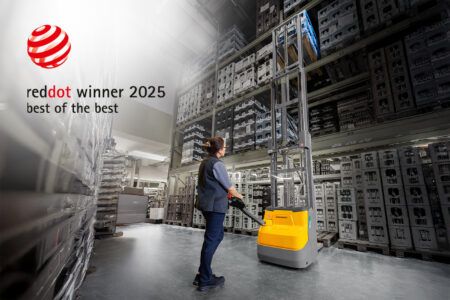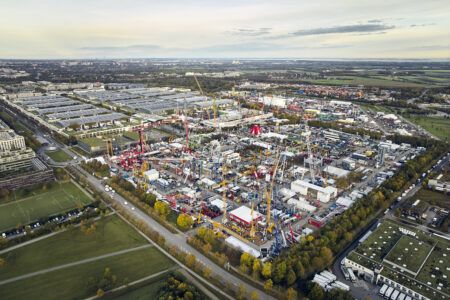A forklift operator’s office is the truck’s cabin so it’s essential that every aspect of the cab’s design is considered if the operator is going to be kept comfortable and productive throughout the working day, says Toyota Material Handling UK’s Gary Ison
Ergonomics is often defined as ‘the science of fitting a workplace to the user’s needs’. But when something is described as being ‘ergonomically designed’ it doesn’t simply mean that it is ‘suitable for purpose.’ Ergonomic means that special attention has been given to the development of a product to ensure that it is the best possible ‘fit’ for the user, the environment and the task it is expected to perform.
It has long been accepted that reducing worker discomfort by placing greater emphasis on ergonomics has a positive impact on efficiency and productivity. In a modern office environment, for example, the design of desks, chairs, monitors, keyboards and lighting is assessed in some detail when creating a workspace in an effort to reduce the musculoskeletal effects on personnel of long sedentary periods spent staring at a screen.
A forklift operator’s office is the truck’s cabin. It’s the place where s/he spends some eight hours a day, so it’s essential that every aspect of the cab’s design – from the height of the step-in to the shape of the control levers – is considered if the operator is going to be kept comfortable, and therefore productive, throughout his or her shift.
At Toyota we’ve been focussing on how ergonomic design can boost driver comfort for more than a quarter of a century. During that time we’ve introduced some ground-breaking features, such as the unique tilting cab used on the Reflex E-reach truck series which reduces the strain on the driver and allows maximum visibility at height.
Forklift operators are any logistics operation’s most important asset and they are becoming an increasingly scarce commodity in the labour pool. So it has never been more important to treat drivers with respect and a good way of doing that is by ensuring that their working environment is strain-free and enjoyable.
By keeping the operator at the centre of our design thinking, Toyota offers truck drivers the best possible driving experience. And, of course, that means warehouse and RDC managers can sit comfortably in the knowledge that their forklift drivers are happy and throughput targets are being hit.





